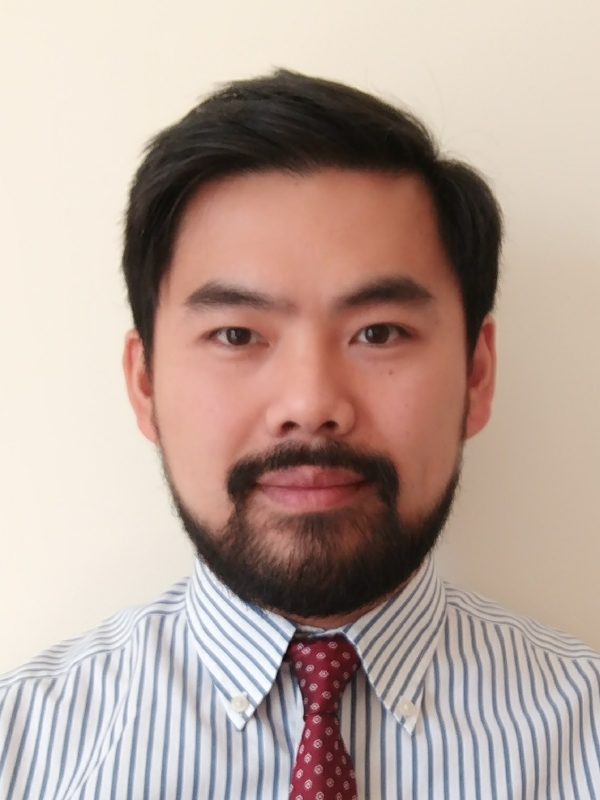Better use of patient data to predict patients' risk of advanced kidney failure and plan earlier treatment interventions
My Topol fellowship problem / project:
Modern healthcare generates vast amounts of data to facilitate clinical care and to satisfy administrative and statutory purposes. Much of this data is often stored in individual ‘silos’ and is not readily accessible to other healthcare teams with legitimate access needs. This results in a disjointed landscape peppered with duplicate data entry, incomplete care information and worst of all, holes which patient care can slip through, resulting in missed opportunities to intervene early to avoid poor outcomes.
One such example of this occurs regularly in kidney disease where a small but significant proportion of patients present late with advanced kidney failure and need to start life-sustaining treatment with very little choice or preparation. These patients often have a poor experience on the treatment and fare less well in the long run. The root cause of this is not down to a single agency or a part of the NHS that is underperforming but a constellation of structural and organisational factors.
Fortunately, there are good examples of digital solutions that can overcome these deficiencies through better use of data that is being routinely collected for kidney disease. By bringing these data sources together to create a more complete picture of the state and trajectory of a patient’s kidney health, I hope to use validated tools at scale, to predict if an individual is at high risk of advanced kidney failure and initiate appropriate interventions at an earlier time point.
About me
The desire to develop population health management tools developed early in my career. This desire crystallised during my Doctor of Medicine research which opened my eyes to the vast quantity of data that is routinely collated for clinical, statutory and administrative purposes but are held in very tightly guarded silos.
I completed my specialist training in Nephrology and General Internal Medicine in 2016 and was appointed Consultant Nephrologist at Lancashire Teaching Hospitals NHS Foundation Trust in 2017. Since then, I have led several clinical and IT transformation projects for the Trust. There are excellent examples of NHS initiatives to transform the digital landscape to better utilise the data collected to improve clinical care and reduce unwarranted variation. I look forward to the opportunities provided by the Topol Digital Fellowship programme to realise my ambition to improve the care we deliver to patients by using data better.

